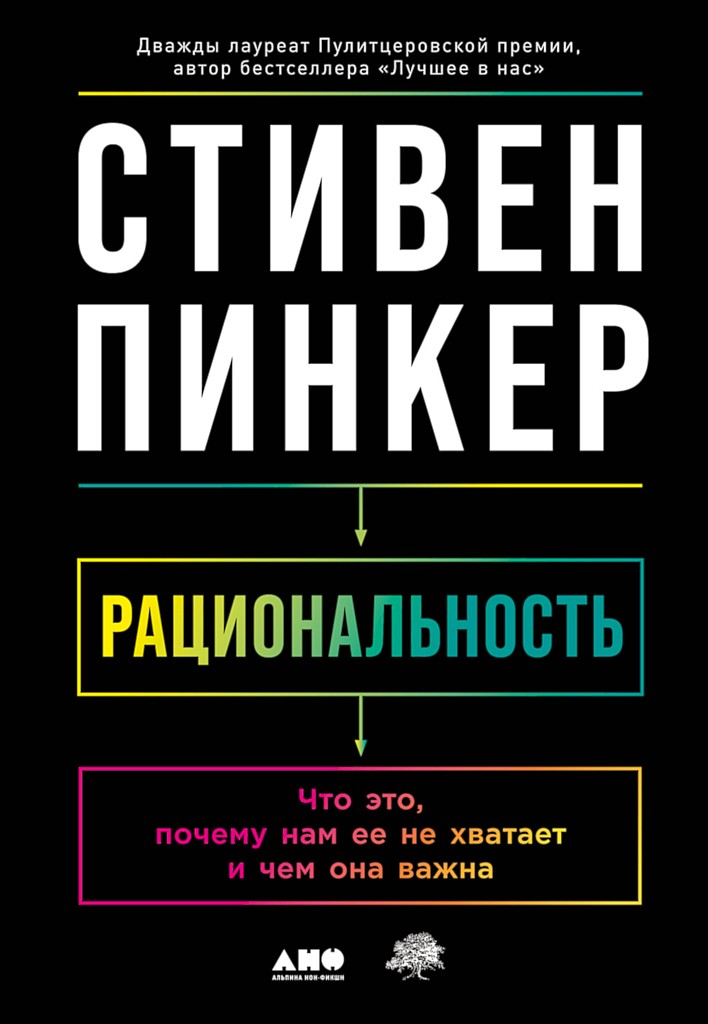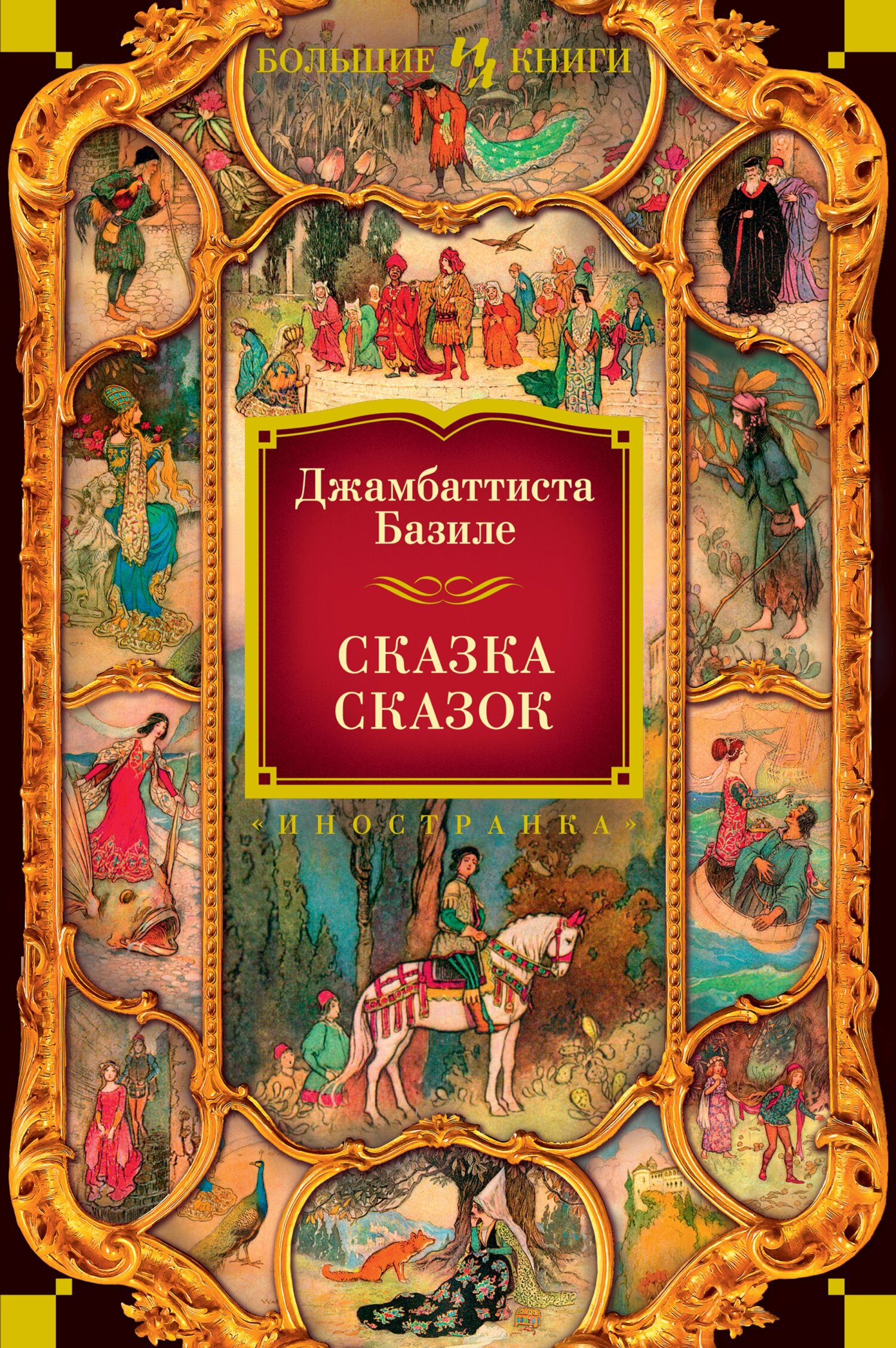Nov. 3. https://www.cnn.com/2013/11/03/world/nuclear-energy-climate-change-scientists-letter/index.html.
Campbell, B., & Manning, J. 2018. The rise of victimhood culture: Microaggressions, safe spaces, and the new culture wars. London: Palgrave Macmillan.
Caplan, B. 2017. What’s wrong with the rationality community. EconLog, Apr. 4. https://www.econlib.org/archives/2017/04/whats_wrong_wit_22.html.
Carroll, L. 1895. What the tortoise said to Achilles. Mind, 4, 178–80.
Carroll, L. 1896/1977. Symbolic logic. In W. W. Bartley, ed., Lewis Carroll’s Symbolic Logic. New York: Clarkson Potter.
Carroll, S. M. 2016. The big picture: On the origins of life, meaning, and the universe itself. New York: Penguin Random House.
Cesario, J., & Johnson, D. J. 2020. Statement on the retraction of «Officer characteristics and racial disparities in fatal officer-involved shootings.» https://doi.org/10.31234/osf.io/dj57k.
Chagnon, N. A. 1997. Yanomamö (5th ed.). Fort Worth, TX: Harcourt Brace.
Chapman, L. J., & Chapman, J. P. 1967. Genesis of popular but erroneous psychodiagnostic observations. Journal of Abnormal Psychology, 72, 193–204. https://doi.org/10.1037/h0024670.
Chapman, L. J., & Chapman, J. P. 1969. Illusory correlation as an obstacle to the use of valid psychodiagnostic signs. Journal of Abnormal Psychology, 74, 271–80. https://doi.org/10.1037/h0027592.
Charlesworth, T. E. S., & Banaji, M. R. 2019. Patterns of implicit and explicit attitudes: I. Long-term change and stability from 2007 to 2016. Psychological Science, 30, 174–92. https://doi.org/10.1177/0956797618813087.
Cheng, P. W., & Holyoak, K. J. 1985. Pragmatic reasoning schemas. Cognitive Psychology, 17, 391–416. https://doi.org/10.1016/0010-0285(85)90014-3.
Chivers, T. 2019. The AI does not hate you: Superintelligence, rationality and the race to save the world. London: Weidenfeld & Nicolson.
Chomsky, N. 1972/2006. Language and mind (extended ed.). New York: Cambridge University Press.
Chwe, M. S.-Y. 2001. Rational ritual: Culture, coordination, and common knowledge. Princeton, NJ: Princeton University Press.
Clegg, L. F. 2012. Protean free will. Unpublished manuscript, California Institute of Technology. https://resolver.caltech.edu/CaltechAUTHORS:20120328-152031480.
Cohen, I. B. 1997. Science and the Founding Fathers: Science in the political thought of Thomas Jefferson, Benjamin Franklin, John Adams, and James Madison. New York: W. W. Norton.
Cohn, A., Maréchal, M. A., Tannenbaum, D., & Zünd, C. L. 2019. Civic honesty around the globe. Science, 365, 70–73. https://doi.org/10.1126/science.aau8712.
Cohon, R. 2018. Hume’s moral philosophy. In E. N. Zalta, ed., The Stanford Encyclopedia of Philosophy. https://plato.stanford.edu/entries/hume-moral/.
Cole, M., Gay, J., Glick, J., & Sharp, D. W. 1971. The cultural context of learning and thinking. New York: Basic Books.
Combs, B., & Slovic, P. 1979. Newspaper coverage of causes of death. Journalism Quarterly, 56, 837–49.
Cosmides, L. 1989. The logic of social exchange: Has natural selection shaped how humans reason? Studies with the Wason selection task. Cognition, 31, 187–276. https://doi.org/10.1016/0010-0277(89)90023-1.
Cosmides, L., & Tooby, J. 1996. Are humans good intuitive statisticians after all? Rethinking some conclusions from the literature on judgment under uncertainty. Cognition, 58, 1–73. https://doi.org/10.1016/0010-0277(95)00664-8.
Coyne, J. A. 2015. Faith versus fact: Why science and religion are incompatible. New York: Penguin.
Crockett, Z. 2015. The time everyone «corrected» the world’s smartest woman. Priceonomics, Feb. 19. https://priceonomics.com/the-time-everyone-corrected-the-worlds-smartest/.
Curtis, G. N. 2020. The Fallacy Files taxonomy of logical fallacies. https://www.fallacyfiles.org/taxonnew.htm.
Dasgupta, P. 2007. The Stern Review’s economics of climate change. National Institute Economic Review, 199, 4–7. https://doi.org/10.1177/0027950107077111. Davis, D. B. 1984. Slavery and human progress. New York: Oxford University Press.
Dawes, R. M., Faust, D., & Meehl, P. E. 1989. Clinical versus actuarial judgment. Science, 243, 1668–74. https://doi.org/10.1126/science.2648573.
Dawkins, R. 1976/2016. The selfish gene (40th anniv. ed.). New York: Oxford University Press.
Dawkins, R. 2006. The God delusion. New York: Houghton Mifflin.
Dawson, E., Gilovich, T., & Regan, D. T. 2002. Motivated reasoning and performance on the Wason selection task. Personality and Social Psychology Bulletin, 28, 1379–87. https://doi.org/10.1177/014616702236869.
De Freitas, J., Thomas, K., DeScioli, P., & Pinker, S. 2019. Common knowledge, coordination, and strategic mentalizing in human social life. Proceedings of the National Academy of Sciences, 116, 13751–58. https://doi.org/10.1073/pnas.1905518116.
de Lazari-Radek, K., & Singer, P. 2012. The objectivity of ethics and the unity of practical reason. Ethics, 123, 9–31. https://doi.org/10.1086/667837.
De Zutter, A., Horselenberg, R., & van Koppen, P. J. 2017. The prevalence of false allegations of rape in the United States from 2006–2010. Journal of Forensic Psychology, 2. https://doi.org/10.4172/2475-319X.1000119.
Deary, I. J. 2001. Intelligence: A very short introduction. New York: Oxford University Press.
DellaVigna, S., & Kaplan, E. 2007. The Fox News effect: Media bias and voting. Quarterly Journal of Economics, 122, 1187–234. https://doi.org/10.1162/qjec.122.3.1187.
Dennett, D. C. 2006. Breaking the spell: Religion as a natural phenomenon. New York: Penguin.
Dennett, D. C. 2013. Intuition pumps and other tools for thinking. New York: W. W. Norton.
Ditto, P. H., Clark, C. J., Liu, B. S., Wojcik, S. P., Chen, E. E., et al. 2019. Partisan bias and its discontents. Perspectives on Psychological Science, 14, 304–16. https://doi.org/10.1177/1745691618817753.
Ditto, P. H., Liu, B. S., Clark, C. J., Wojcik, S. P., Chen, E. E., et al. 2019. At least bias is bipartisan: A meta-analytic comparison of partisan bias in liberals and conservatives. Perspectives on Psychological Science, 14, 273–91. https://doi.org/10.1177/1745691617746796.
Donaldson, H., Doubleday, R., Hefferman, S., Klondar, E., & Tummarello, K. 2011. Are talking heads blowing hot air? An analysis of the accuracy of forecasts in the political media. Hamilton College. https://www.hamilton.edu/documents/Analysis-of-Forcast-Accuracy-in-the-Political-Media.pdf.
Douglass, F. 1852/1999. What to the slave is the Fourth of July? In P. S. Foner, ed., Frederick Douglass: Selected speeches and writings. Chicago: Lawrence Hill.
Duffy, B. 2018. The perils of perception: Why we’re wrong about nearly everything. London: Atlantic Books.
Eagle, A. 2019. Chance versus randomness. In E. N. Zalta, ed., The Stanford Encyclopedia of Philosophy. https://plato.stanford.edu/entries/chance-randomness/.
Earman, J. 2002. Bayes, Hume, Price, and miracles. Proceedings of the British Academy, 113, 91–109.
Edwards, A. W. F. 1996. Is the Pope an alien? Nature, 382, 202. https://doi.org/10.1038/382202b0.
Einstein, A. 1981. Albert Einstein, the human side: New glimpses from his archives (H. Dukas & B. Hoffman, eds.). Princeton, NJ: Princeton University Press.
Eisenstein, E. L. 2012. The printing revolution in early modern Europe (2nd ed.). New York: Cambridge University Press.
Eliot, G. 1883/2017. Essays of George Eliot (T. Pinney, ed.). Philadelphia: Routledge.
Ellickson, R. C. 1991. Order without law: How neighbors settle disputes. Cambridge, MA: Harvard University Press.
Elster, J., ed. 1998. Deliberative democracy. New York: Cambridge University Press.
Emerson, R. W. 1841/1993. Self-reliance and other essays. New York: Dover.
Erasmus, D. 1517/2017. The complaint of peace: To which is added, Antipolemus; or, the plea of reason, religion, and humanity, against





